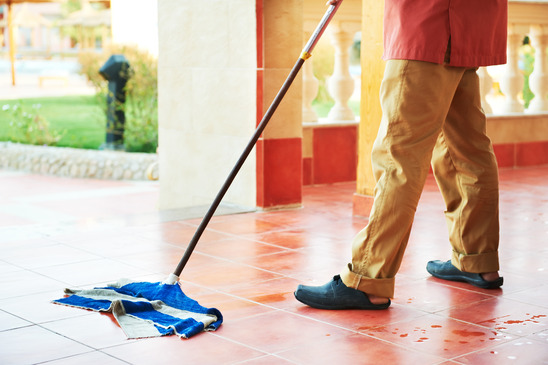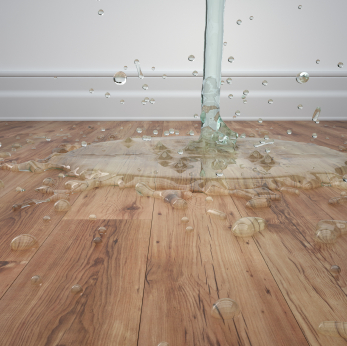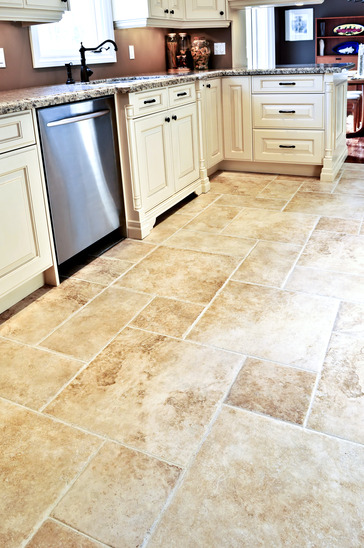Nothing can change up a room and make it fresh and new like new carpet. It can give your business a new look and feel, and not only make your clients look at you a bit differently, it can give you motivation to try new projects as well.
Yet making the decision to have it replaced is the easy part. Once your landlord gives the approval, where do you go from there?
Start by evaluating your needs.
Do you run a high traffic business, or it it just you and the office staff? Do you deal with chemicals and liquid materials that risk destroying carpets quickly? Are you out to impress, or simply want functionality? Make a list of you needs. Then talk with with a flooring consultant and find out what flooring will best work for your business.
Work out a plan that works for everyone
Find out how long it will take to replace the flooring. Replacing carpets may be easier and less time consuming than adding in new hardwoods. Also plan on replacing it during a slow or easy time for all occupants. Desks are easy to move. Wall to wall filing cabinets aren’t. Its important to give yourself plenty of time for moving and rearranging, both before and after the replacement. [Read more…]

For all of your Denver Hardwood Flooring needs visit our site today.


